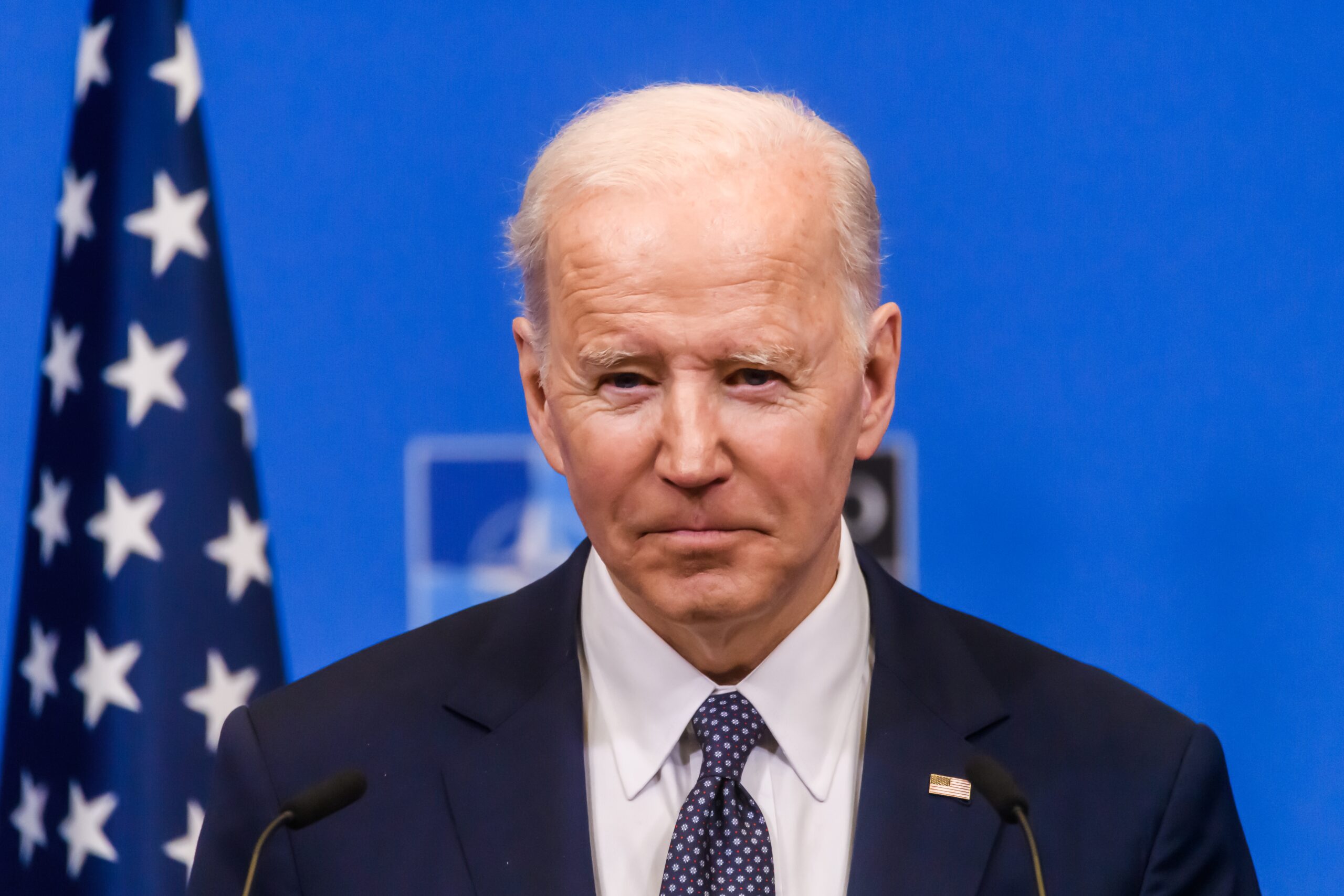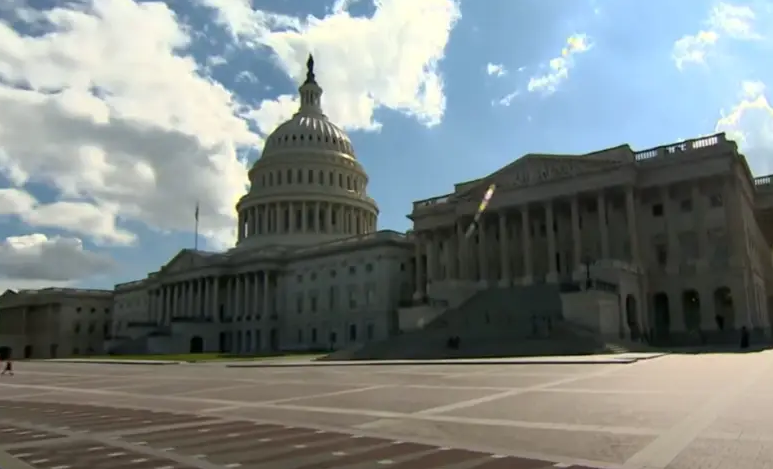[ad_1]
BRUSSELS (Reuters) – European Union nations except Britain on Wednesday began mapping out their trade ties with London after Brexit but also decided to prepare for a failure in the negotiations come December, sources in Brussels said.
Brussels envoys from the 27 EU states that will remain in the bloc after Britain leaves, which is due on March 29, 2019, met for the first time since EU leaders last week denied Prime Minister Theresa May’s request to start talks on post-Brexit trade arrangements just yet.
But, to encourage London to first improve its divorce offer, the 27 EU leaders promised to start internal preparations on a transition period and the bloc’s future ties with Britain.
That would allow them to quickly sit down to such talks with London should enough progress on the exit part be made by the time of an EU summit on Dec. 14-15.
“We will prepare our thinking on the transition, the future relationship,” said one EU official involved in the talks.
But another one said the Wednesday meeting also agreed to look into what to do if things do not go according to plan.
That comes after the EU leaders’ chairman, Donald Tusk, said earlier in October the 27 would reconsider their Brexit strategy if London fails to improve its divorce offer significantly by the end of the year.
Settling Britain’s exit bill is the most contentious issue.
But the EU also wants to see more assurances on expatriate rights and the post-Brexit Irish border before it would assess enough progress was made in the first stage of talks with London and agree to launch a second one, on the transition period and future trade arrangements.
Britain’s Brexit minister David Davis said separately on Wednesday that London wanted to have an outline agreement with the EU in place by the end of March 2018 on the transition that would apply temporarily after it leaves the bloc.
Both sides expect a transition period of around two years.
The EU’s chief negotiator, Michel Barnier, on Tuesday said that would mean preserving the status quo as Britain would stay subject to EU laws and courts during that time.
He suggested it should run for 21 months, from the day Brexit materialises until the end of the current common EU budget at end of 2020.
Barnier has also said the chief difference between full EU membership and the transition period would be that “the British would no longer take part in decisions on European legislation”.
EU officials said the extra two years would buy time for talks about a future trade agreement but poured cold water on any talk of extending negotiations beyond that period with a view to keeping Britain within the EU.
“We’ve already danced around with the UK for so long,” the first EU official said. “It needs to end at some point.”
POST-BREXIT TRADE
Businesses in Britain and in Europe are concerned by the slow progress in Brexit talks and lack of clarity about the future trade agreement between Britain and its biggest trading partner, the EU.
Some have already started moving staff and operations out of Britain to hedge their bets and more could follow should no more details emerge by the end of the year.
Barnier has said that Britain could not count on a bespoke trade deal after Brexit. Since London has ruled out following the example of Norway’s relations with the EU, it would probably have to model its ties on an arrangement the EU has with Canada.
Non-EU Norway currently pays for access to the bloc’s single market of 500 million people, though it is not part of the same customs union. In exchange, it is also obliged to allow the free movement of people in and out of the EU.
Britain wants to leave both the EU’s internal market and the customs union, as well as have tighter immigration restrictions, meaning a “Canada +” scenario is more likely.
The European bloc’s trade deal with Canada, its most ambitious arrangement yet, has just taken effect. It allows Canada to pursue its own bilateral trade agreements elsewhere in the world.
Reporting by Gabriela Baczynska, Alastair Macdonald, Jan Strupczewski; Editing by Hugh Lawson
[ad_2]
Source link







Leave a Reply